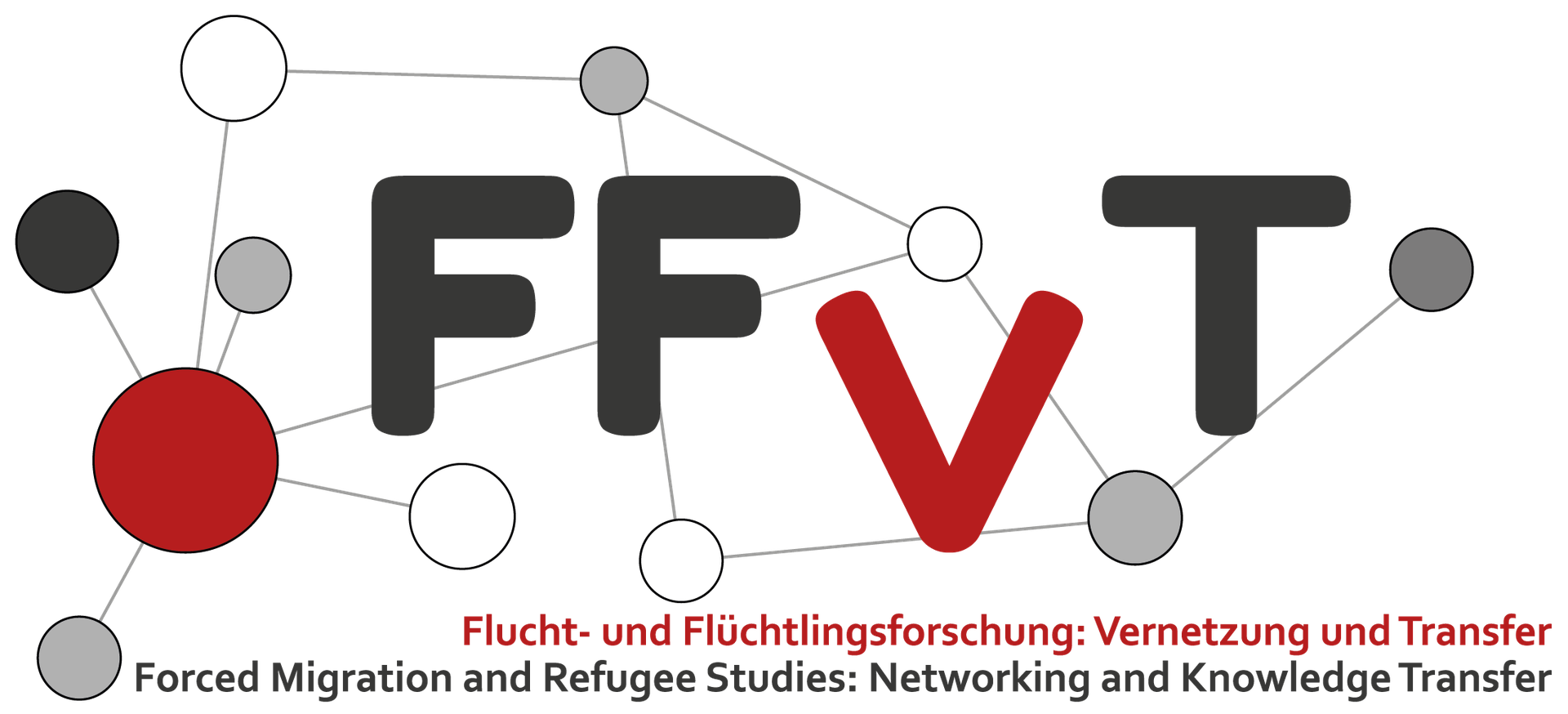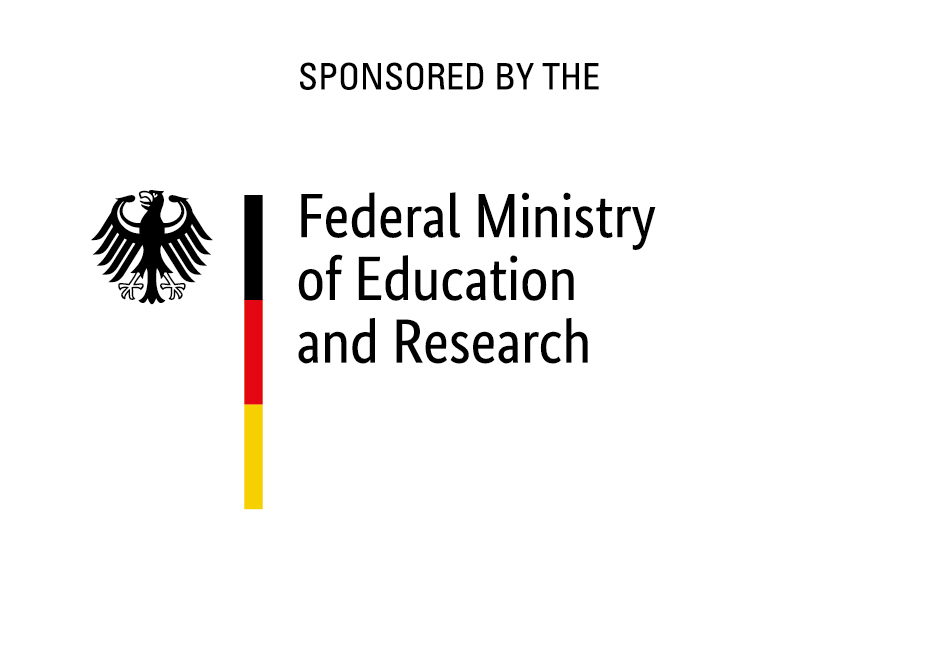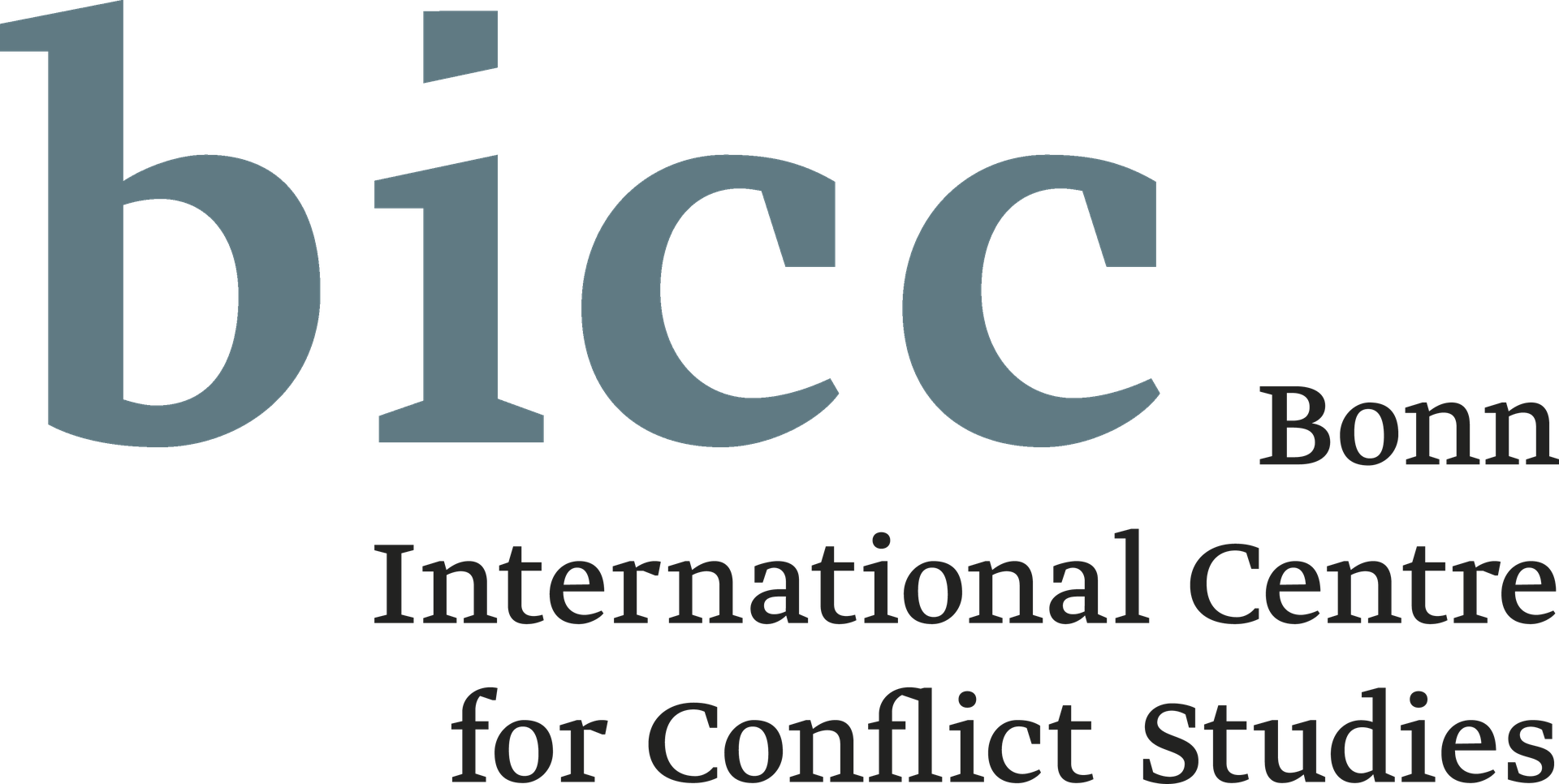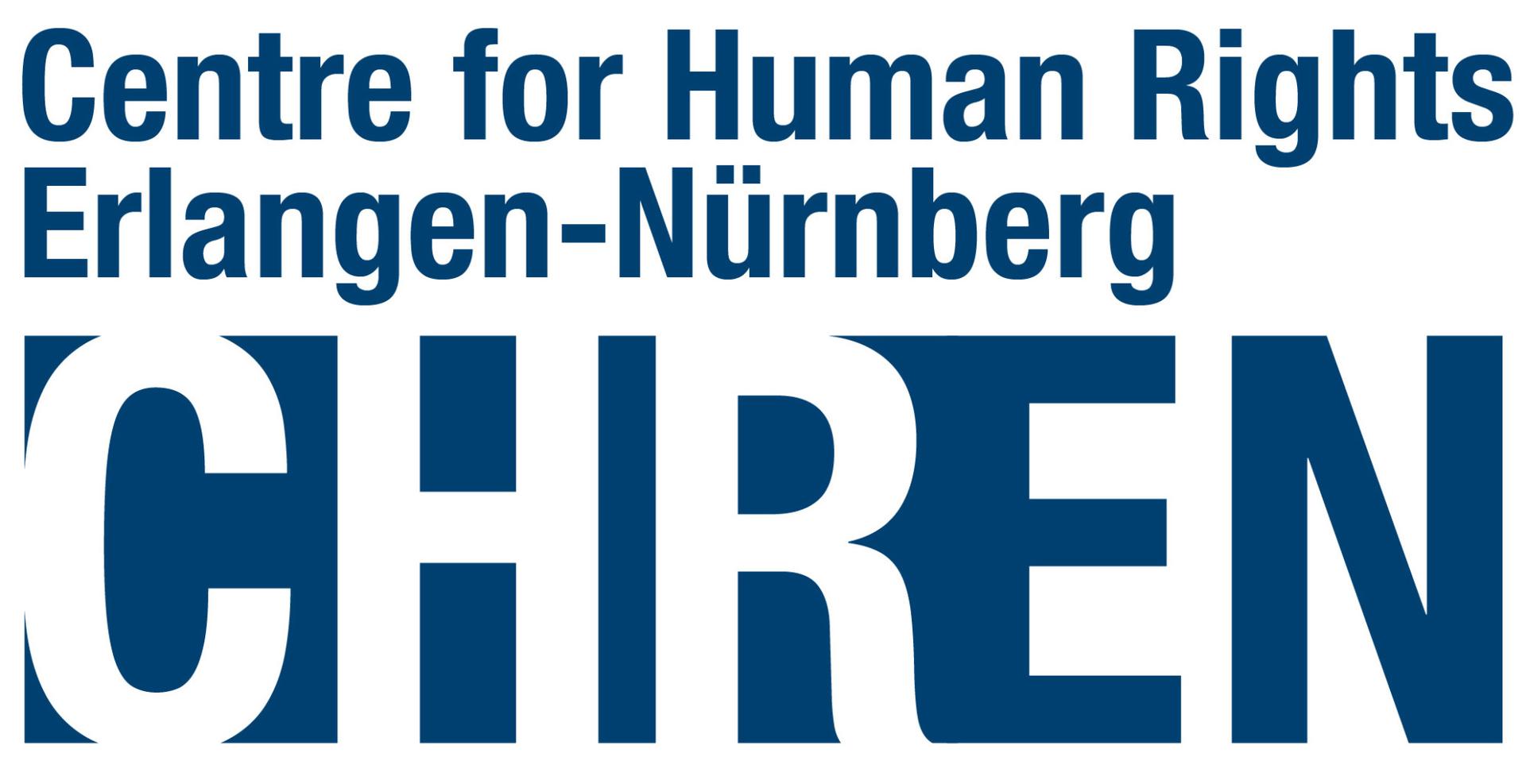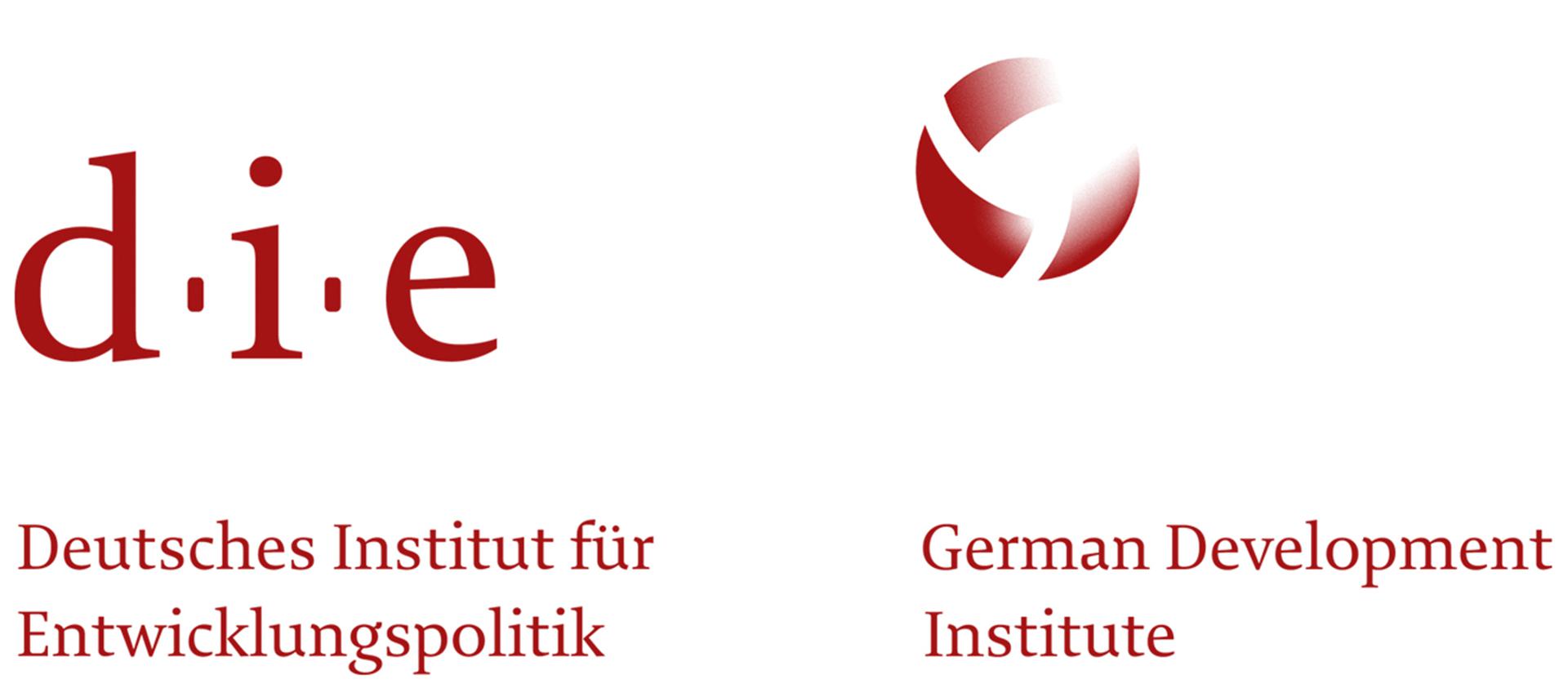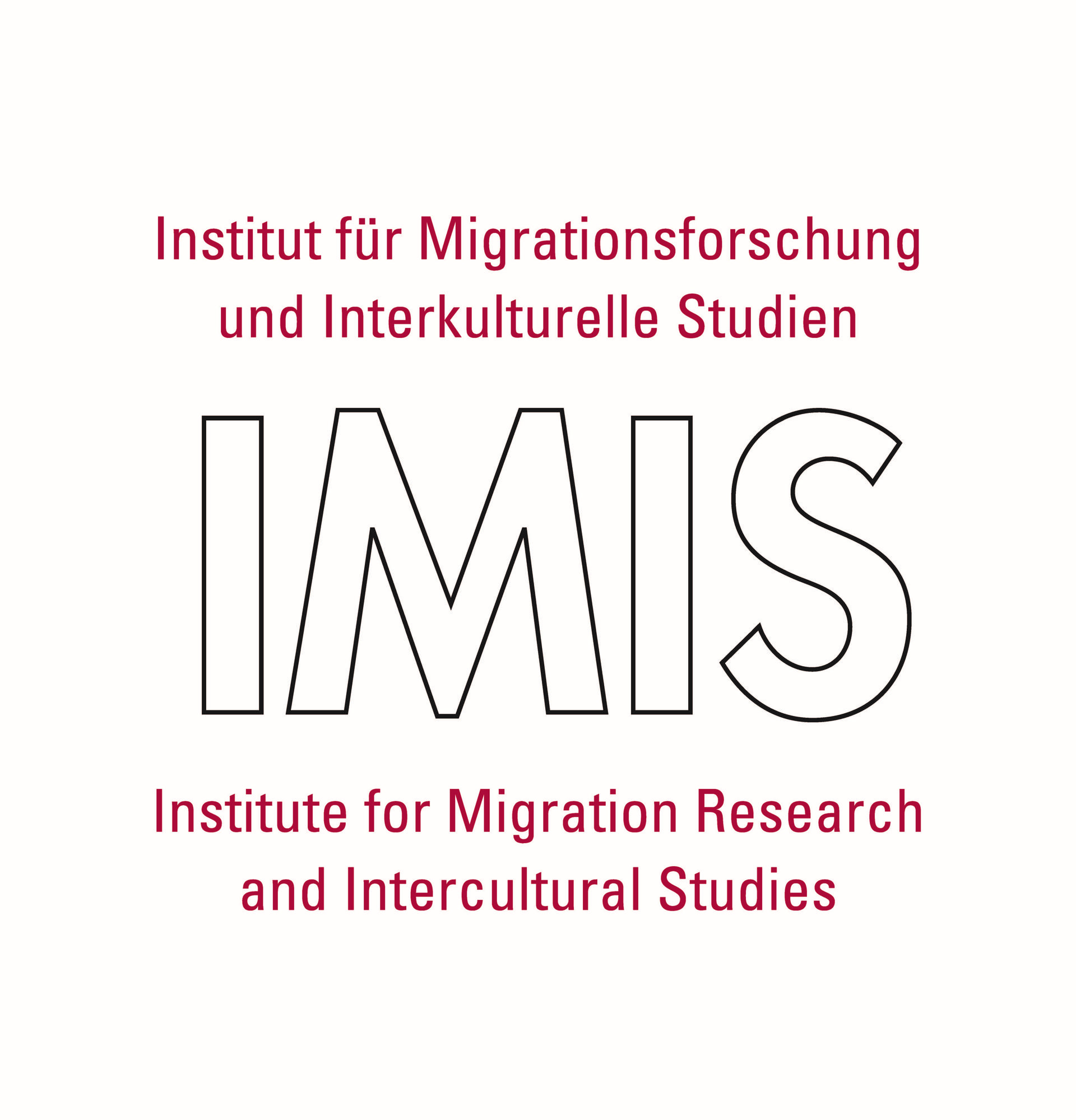Dear readers,
Since
the takeover of power of the Taliban on 15 August 2021, there has been
increasing uncertainty about how to deal with this in the future: The
international community refuses to recognise the Taliban as the new
Afghan government; hardly any representatives of international
government organisations are left in the country; Afghanistan's economy
is in a state of collapse; what has been achieved in the past two
decades in terms of development is more than likely to be lost; a
humanitarian catastrophe this winter will only be difficult to avert.
Consequently, many Afghans will see leaving the country as the only way
out of their lack of prospects.
Already today, Afghans are
one of the largest refugee communities worldwide: About five million
Afghans have been living in Pakistan and Iran for decades, either as
labour migrants or forcibly displaced people. Recently, Turkey has
become a bridgehead for Afghan refugees to Europe. There are also
hundreds of thousands of Afghan labour migrants in the Gulf states. What
they all have in common in these countries is that their status quo is
precarious: They are denied legal status, and the threat of being
deported to Afghanistan is dangling like a sword of Damocles over their
heads.
If one wants to improve the situation of Afghans, a
regional approach that provides them with legal certainty is needed.
Such an approach, however, must consider the special character of
their mobility: On the one hand, the strong cross-border networks
through which communication and interaction take place between Afghans
in Afghanistan and the diaspora must be considered. On the other, Afghan
migration and displacement history shows that migratory movements do
not necessarily originate from Afghanistan unilaterally. Many Afghans
keep returning to their home country to then leave again. Spatial
mobility is, thus, a core resource for Afghans.
I
would also like to recommend the interview with Mojib Rahman Atal in
this newsletter. As an expert on Afghanistan, he gives a
fascinating insight into the current situation in the country and
explains which measures could improve the situation of Afghan displaced
people.
Yours
Conrad Schetter
(Director BICC)
|
|
FFVT Focus
Current situation in Afghanistan
Interview with Mojib Rahman Atal
Which
perspectives do Afghans have after the takeover of power by the Taliban
in their own country, and what should the international community do to
improve the situation in Afghanistan itself and that of forced migrants
from Afghanistan? We talked about this with Mojib Rahman Atal, the
founder of Afghan Diaspora Initiative. He is Research Fellow and
Doctoral Candidate at the University of
Friedrich-Alexander-Erlangen-Nürnberg.
Find the interview with Mojib Rahman Atal here...
FFVT on point: Forced migration in Afghanistan and Afghan refugees in the region
On
8 November 2021, the first of the new discussion format “FFVT on point”
took place. The participants exchanged views on the current situation
of forcibly displaced Afghans in the country and the region after the
take-over of power of the Taliban in the summer of 2021.
To continue…
Kolkata Declaration on the Need for a Coherent Protection Policy and Justice for Refugees and Migrants of Afghanistan, 2021
The Calcultta Research Group hosted the conference “Global Protection System for Refugees and Migrants“ from 15 to 20 November 2021.” More than 100 participants from 20 countries called on the international community, UNHCR and other international organisations to advocate for the protection of Afghan refugees and migrants.
A bitter ending? Afghanistan and its way forward
The
Hertie School's online panel discussion took place on 10 September
2021. Twenty years after the terrorist attacks of 9/11, experts
discussed the situation in Afghanistan and what the future may hold for
the country.
Watch the recording of the discussion...
|
|
News from the Research Field
Mobility and agency in protracted displacement
The
current issue of the journal "Forced Migration Review" (November 2021)
features the topics "Externalisation" and "Mobility and agency in
protracted displacement". Researchers from the Transnational Figurations
of Displacement (TRAFIG) project have examined people‘s mobility and
agency in protracted displacement situations.
To the Special Feature “Mobility and agency in protracted displacement”...
|
|
News from the Project
FFVT Fellowship-Programme: Our first Fellows have arrived!
We
are very pleased to welcome four Fellows to our institutes. At CHREN,
Ayar Ata and Seth Christopher Yaw Appiah, at BICC Anila Noor and
Asresahegn Birhanu Gelaw have started their work. Among other things, we
talked to them about why they decided to take up an FFVT Fellowship and
what they expect from it.
To the interviews...
|
|
Upcoming Events
Going local: refugees'/migrants’ integration processes at the local level. Italo-German experiences in the European context, Workshop, February 9-11, 2022
Further information...
4th Conference of the German Network for Forced Migration Studies Call for Papers, Panels & Posters, 1st Circular, September 28-30, 2022
Call for Papers, Panels & Posters...
|
|
Editorial Office:
Maarit Thiem (Project Coordinator)
Ann-Christin Komes (PR Assistant)
Marja Vormann (Student Assistant)
|
|
|
|
Liebe Leserinnen und Leser,
seit
der Machtübernahme der Taliban am 15. August 2021 nimmt in Afghanistan
die Unsicherheit zu, wie es weiter gehen kann: Die internationale
Gemeinschaft verweigert den Taliban die Anerkennung als neue afghanische
Regierung; Vertreter*innen internationaler staatlicher Organisationen
finden sich kaum noch im Land; die Wirtschaft Afghanistans liegt
darnieder; die Entwicklungsleistungen der letzten zwei Jahrzehnte drohen
vollends wegzubrechen; eine humanitäre Katastrophe in diesem Winter
wird nur schwer abwendbar sein. So werden viele Afghan*innen den
einzigen Ausweg aus der Perspektivlosigkeit darin sehen, das Land zu
verlassen.
Bereits heute stellen Afghan*innen eine der
größten Flüchtlingsgemeinden weltweit dar: In Pakistan und Iran leben
ca. fünf Millionen Afghan*innen seit Jahrzehnten als Geflüchtete und
Arbeitsmigrant*innen. Die Türkei entwickelte sich in den letzten Jahren
zum Brückenkopf für afghanische Geflüchtete nach Europa. Hinzu kommen
hunderttausende Arbeitsmigrant*innen in den Golfstaaten. Gemein haben
die Afghan*innen in all diesen Ländern, dass sie über einen prekären
Status verfügen: Ihnen wird ein rechtlicher Status vorenthalten und
ihnen droht stets, nach Afghanistan abgeschoben zu werden.
Will
man die Situation der Afghan*innen verbessern, bedarf es eines
regionalen Ansatzes, der ihnen eine Rechtssicherheit einräumt. Solch ein
Ansatz muss allerdings die Besonderheiten der Mobilität unter den
Afghan*innen berücksichtigen: Zum einen sind die starken
grenzübergreifende Netzwerke hervorzuheben, über die die Kommunikation
und Interaktionen unter den Afghan*innen zwischen Heimatland und der
Diaspora aufrechterhalten werden. Zum anderen zeigt die afghanische
Migrations- und Fluchtgeschichte, dass Wanderung in der Regel nicht nur
einseitig aus Afghanistan heraus stattfindet, sondern viele Afghan*innen
immer wieder in ihr Heimatland zurückkehren, um von dort erneut
aufzubrechen. So stellt räumliche Mobilität eine zentrale Ressource für
Afghan*innen dar.
Empfehlen
möchte ich Ihnen auch das Interview mit Mojib Rahman Atal in dieser
Ausgabe des Newsletters. Der Afghanistan-Experte gibt einen spannenden
Einblick in die aktuelle Situation im Land und erklärt, welche Maßnahmen
die Situation afghanischer Geflüchteter verbessern könnten.
Ihr
Conrad Schetter
(Direktor BICC)
|
|
FFVT Fokus
Aktuelle Lage in Afghanistan
Interview mit Mojib Rahman Atal
Zum Interview...
FFVT on point: Forced Migration in Afghanistan and Afghan Refugees in the Region (auf Englisch)
Am
8. November 2021 fand die Premiere des neuen Diskussionsformats „FFVT
on point“ statt. Die Teilnehmenden tauschten sich über die aktuelle
Situation afghanischer Geflüchteter im Land und in der Region nach der
Machtübernahme durch die Taliban im Sommer 2021 aus.
Weiterlesen…
Kolkata
Declaration on the Need for a Coherent Protection Policy and Justice
for Refugees and Migrants offrom Afghanistan, 2021 (auf Englisch)
Die
Calcutta Research Group organisierte vom 15.-20. November 2021 die
Konferenz “Global Protection System for Refugee and Migrants”. Die
mehr als 100 Teilnehmenden aus zwanzig Staaten riefen die
Staatengemeinschaft, UNHCR und weitere internationale Organisationen
dazu auf, sich für den Schutz afghanischer Geflüchteter und Migranten
einzusetzen.
Zur Erklärung...
A bitter ending? Afghanistan and its way forward (auf Englisch)
Die
Online-Paneldiskussion der Hertie School fand am 10. September 2021
statt. 20 Jahre nach den Terroranschlägen des 11. September diskutierten
Expert*innen über die Lage in Afghanistan und darüber, wo sich das Land
zukünftig hin entwickeln könnte.
Zur Aufzeichnung der Diskussion…
|
|
Neues aus dem Forschungsfeld
Mobility and agency in protracted displacement (auf Englisch)
Die
aktuelle Ausgabe des Journals „Forced Migration Review“ vom November
2021 befasst sich mit den Themen „Externalisation“ sowie „Mobility
and agency in protracted displacement“ . Wissenschaftler*innen des
Projekts Transnational Figurations of Displacement (TRAFIG) haben sich
im Rahmen des letztgenannten Themas die Mobilität und das Handeln von
Menschen in langwierigen Vetreibungssituationen analysiert.
Zum Special Feature "Mobility and agency in protracted displacement"…
|
|
Neues aus dem Projekt
FFVT-Fellowship-Programm: Die ersten Fellows sind da!
Wir
freuen uns sehr, dass wir nun vier Fellows an unseren Instituten
begrüßen durften. Am CHREN haben Ayar Ata und Seth Christopher Yaw
Appiah ihre Arbeit aufgenommen, am BICC Anila Noor und Asresahegn
Birhanu Gelaw. Wir haben, unter anderem, mit ihnen darüber gesprochen,
warum sie sich für ein FFVT-Fellowship entscheiden haben und welche
Erwartungen sie daran haben.
Zu den Interviews... (auf Englisch)
|
|
Bevorstehende Veranstaltungen
Going local: refugees'/migrants’ integration processes at the local level. Italo-German experiences in the European context (auf Englisch), Workshop, February 9-11, 2022
Weitere Informationen...
4. Konferenz des Netzwerks Fluchtforschung Call for Papers, Panels & Posters, 1st Circular, 28.-30. September 2022
Call for Papers, Panels & Posters...
|
|
Redaktion:
Maarit Thiem (Projektkoordinatorin)
Ann-Christin Komes (PR Assistenz)
Marja Vormann (Studentische Hilfskraft)
